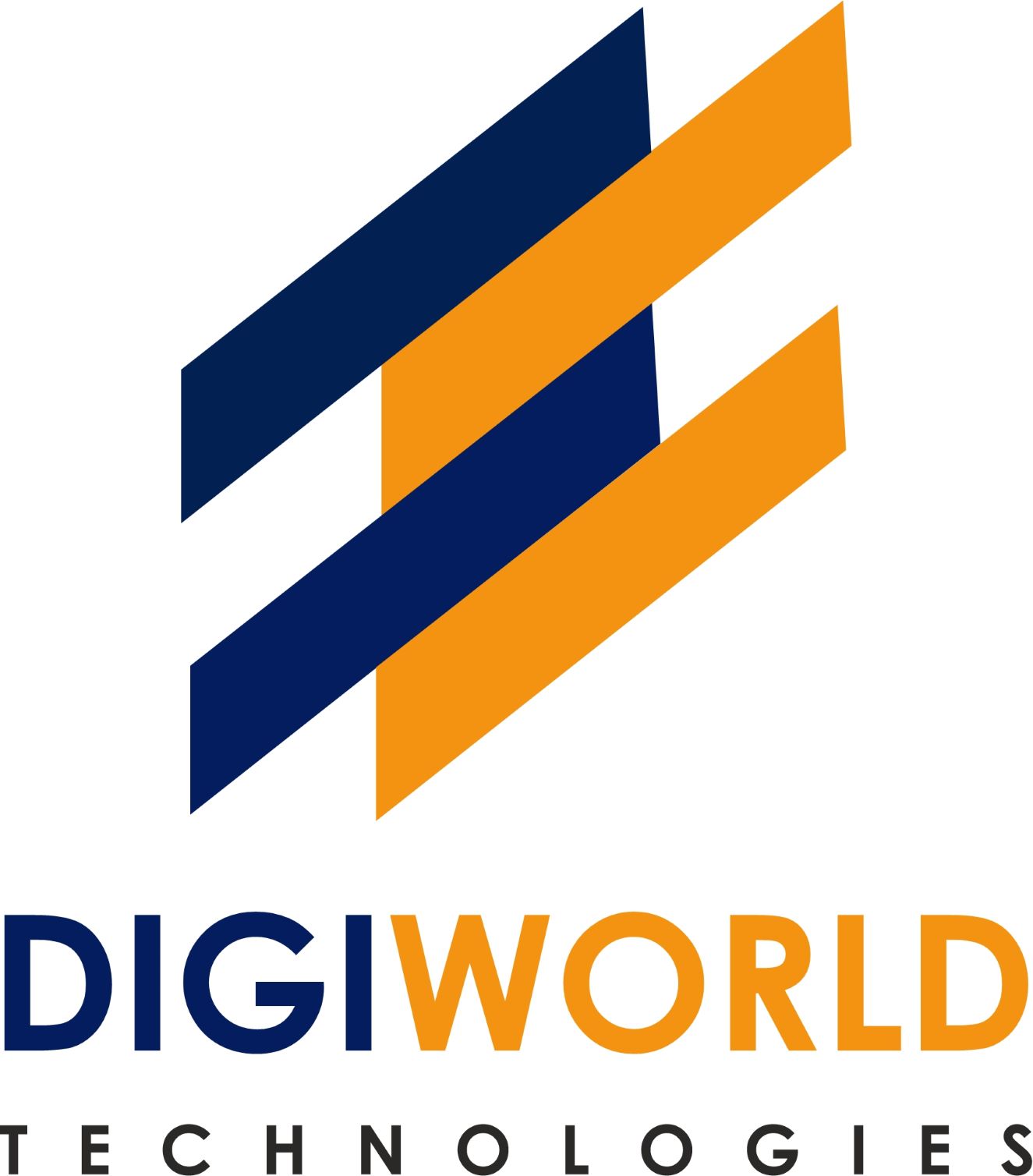The Data Project Manager is responsible for leading and managing projects related to data analysis, data management, and data integration. They work closely with cross-functional teams to ensure the
successful execution of data projects, meeting project objectives, timelines, and budgetary constraints. The role requires strong project management skills along with a deep understanding of data-related technologies and methodologies.
Responsibilities:
Project Planning and Execution:
- Define project scope, objectives, and deliverables in collaboration with stakeholders.
- Develop detailed project plans, schedules, and timelines.
- Allocate resources, including personnel, budget, and equipment, to ensure project success.
- Monitor project progress, identify potential risks, and implement mitigation strategies.
- Ensure adherence to project management best practices and methodologies.
Stakeholder Management:
- Engage with internal and external stakeholders to gather project requirements and expectations.
- Communicate project status, updates, and risks to stakeholders regularly.
- Manage stakeholder expectations and address any concerns or issues promptly.
- Foster positive relationships with stakeholders to ensure alignment and support for project goals.
Team Leadership and Collaboration:
- Lead and motivate cross-functional teams to achieve project objectives.
- Delegate tasks and responsibilities effectively, ensuring each team member understands their role.
- Foster a collaborative work environment that encourages knowledge sharing and innovation.
- Provide guidance, coaching, and mentorship to team members as needed.
Data Management and Analysis:
- Oversee data collection, processing, analysis, and interpretation activities.
- Ensure data quality and integrity throughout the project lifecycle.
- Collaborate with data scientists, analysts, and engineers to develop insights and actionable recommendations.
- Utilize data management tools and technologies to streamline processes and improve efficiency.
Risk Management and Quality Assurance:
- Identify potential risks and issues that may impact project outcomes.
- Develop risk mitigation strategies and contingency plans.
- Conduct regular quality assurance checks to ensure project deliverables meet established standards.
- Implement corrective actions as needed to address deviations from project plans.





